Winter’s 14 Best Immunity-Boosting Vegetables
Winter is often seen as a time of dormancy, but beneath the frost and snow lies a hidden bounty of vegetables that can supercharge your immunity. As the days grow colder, our bodies naturally crave nourishment that can fend off seasonal illnesses. This is where winter vegetables come into play. Rich in vitamins, minerals, and antioxidants, these seasonal delights not only warm our bodies but also fortify our immune systems. From understanding the nutritional profiles of these 14 vegetables to integrating them into your diet, each section will provide insights into making the most out of winter's offerings. Get ready to explore the world of winter vegetables and discover how they can become your allies in boosting immunity.
1. The Nutritional Powerhouse: Kale
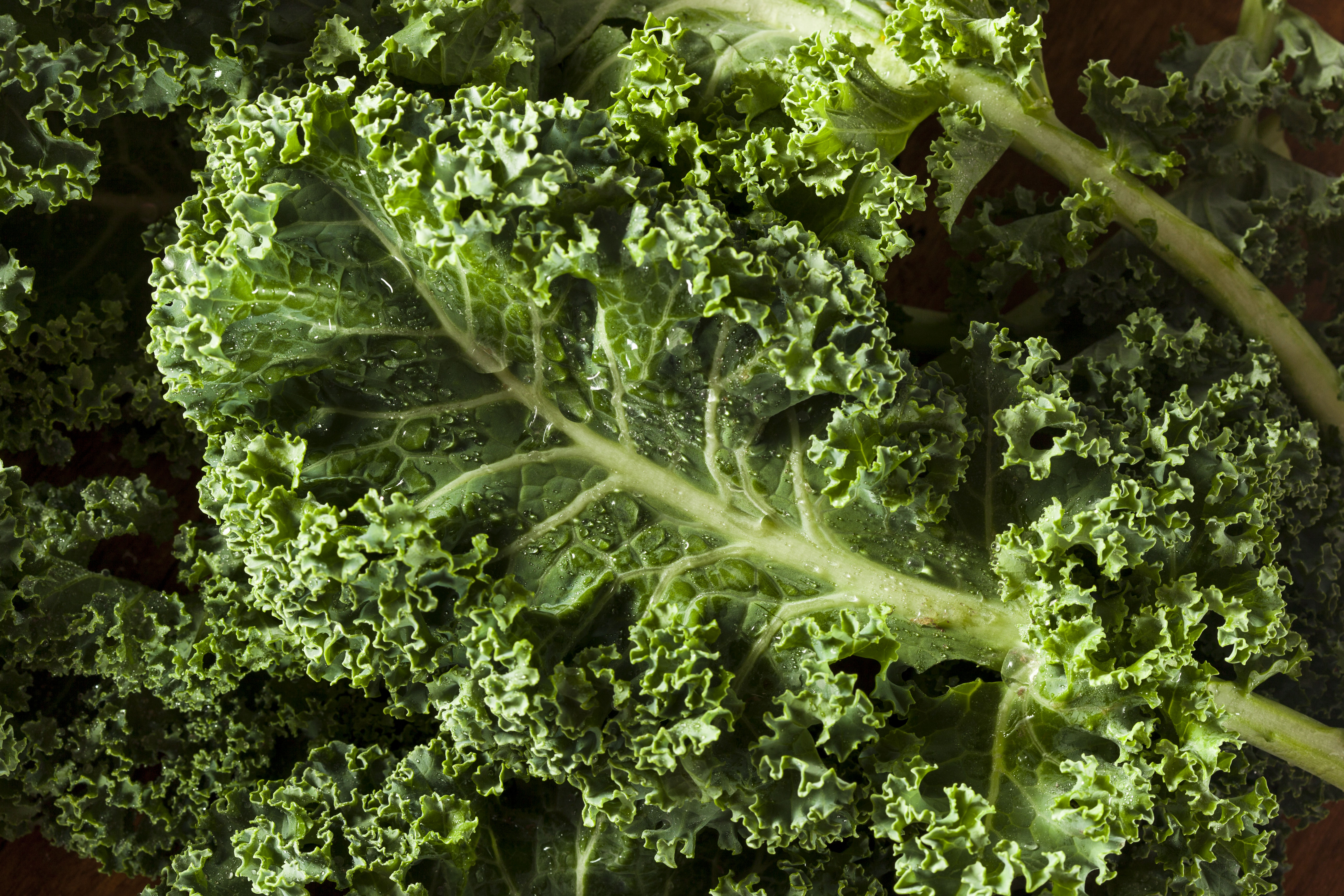
Kale is often hailed as a superfood, and for good reason. This leafy green is packed with vitamins A, C, and K, as well as minerals like calcium and potassium. These nutrients are essential for maintaining a robust immune system. Vitamin C, in particular, plays a crucial role in the production of white blood cells, which are vital for fighting off infections. Additionally, kale contains powerful antioxidants such as quercetin and kaempferol, which help reduce inflammation and protect against free radical damage. Incorporating kale into your diet can be as simple as adding it to soups, stews, or salads. Its versatility makes it an easy addition to any meal, ensuring you get a nutrient boost without much effort.
2. Crucial Carrots: A Beta-Carotene Boost

Carrots are more than just a crunchy snack; they are a winter staple that offers a significant boost to your immunity. Rich in beta-carotene, a precursor to vitamin A, carrots help maintain healthy skin and mucous membranes, which are your body's first line of defense against pathogens. Vitamin A also plays a role in the functioning of your immune system by supporting the production and activity of white blood cells. Carrots are incredibly versatile and can be enjoyed raw, roasted, or blended into soups. Their natural sweetness makes them a delightful addition to winter dishes, providing both flavor and nutritional benefits.
3. Brussels Sprouts: Tiny But Mighty
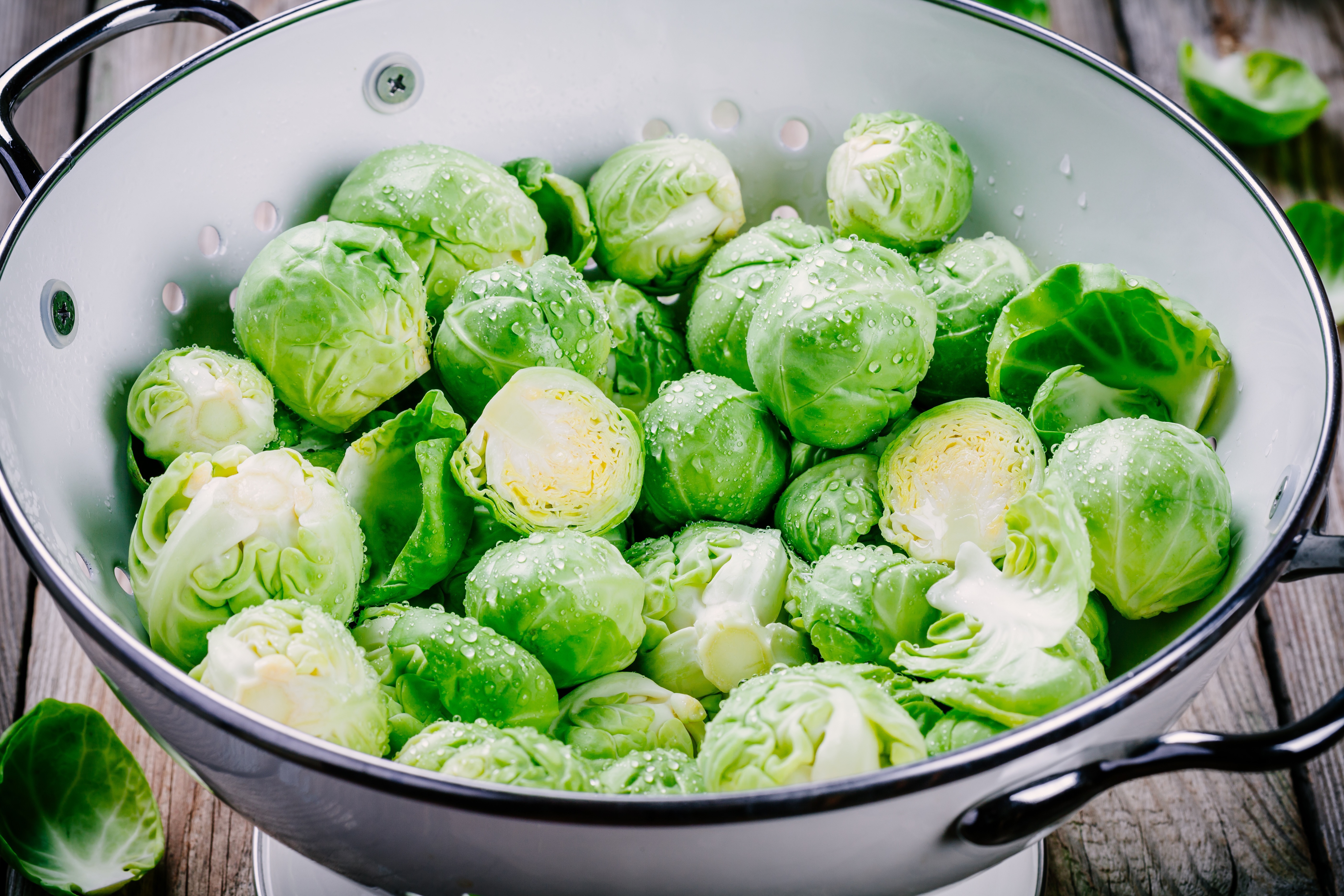
Brussels sprouts may be small, but they pack a powerful punch when it comes to immune support. These miniature cabbages are rich in vitamin C and fiber, both of which are essential for a healthy immune system. The high fiber content aids in maintaining a healthy gut microbiome, which is closely linked to immune function. Moreover, Brussels sprouts contain glucosinolates, compounds that have been shown to enhance the body's detoxification processes and protect against certain cancers. Roasting Brussels sprouts with a drizzle of olive oil and a sprinkle of sea salt can transform them into a delicious side dish that complements any winter meal.
4. Garlic: Nature’s Antibiotic
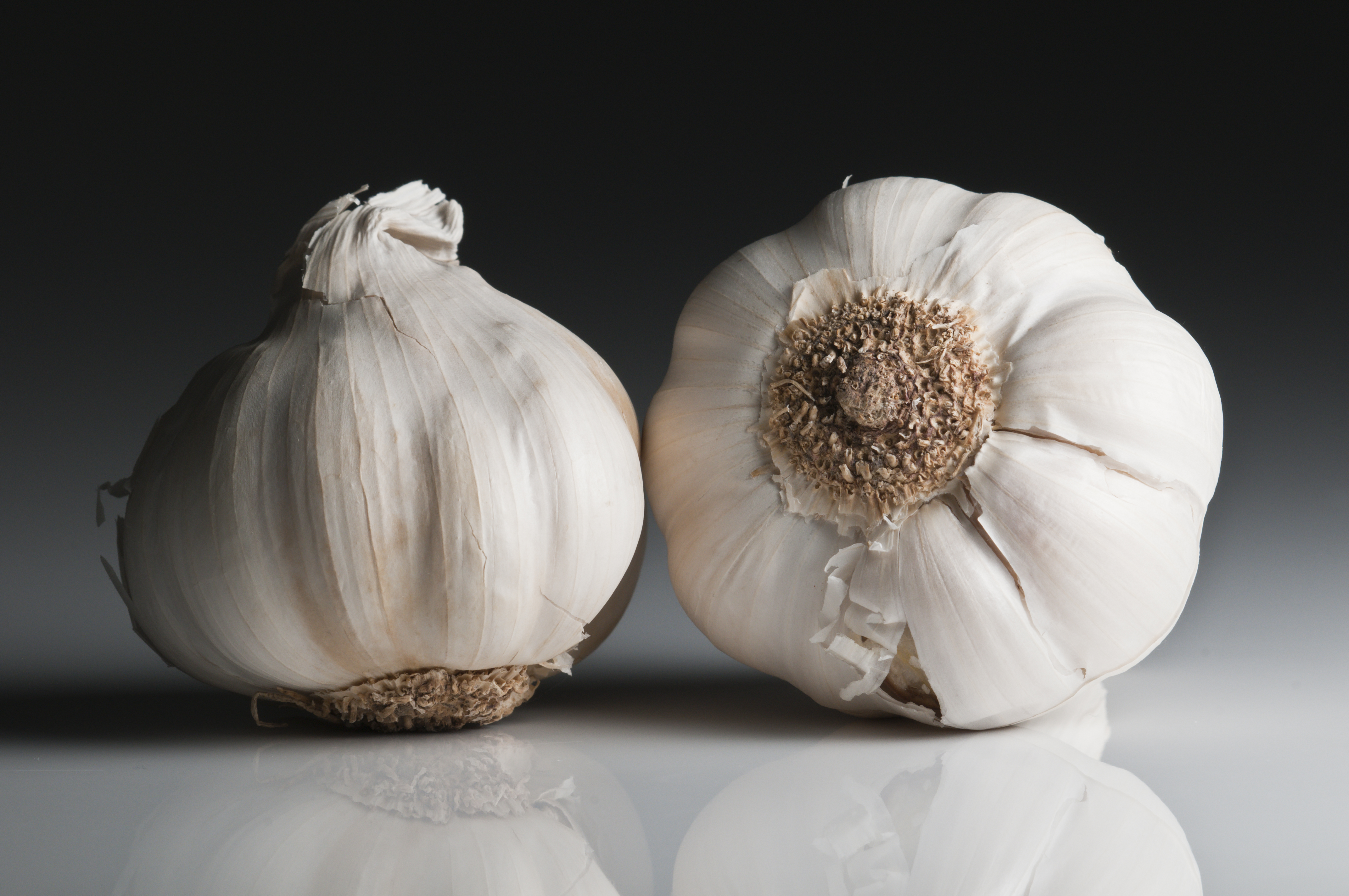
Garlic has been used for centuries as a natural remedy for various ailments, and its immune-boosting properties are well-documented. The key compound in garlic, allicin, has antimicrobial properties that help the body ward off infections. Regular consumption of garlic can reduce the severity and duration of colds and flu. Garlic also supports the immune system by promoting the activity of white blood cells. To maximize the benefits of garlic, it is best consumed raw or lightly cooked. Adding minced garlic to salad dressings, sauces, or marinades can enhance the flavor of your dishes while providing a health boost.
5. Sweet Potatoes: A Sweet Source of Immunity
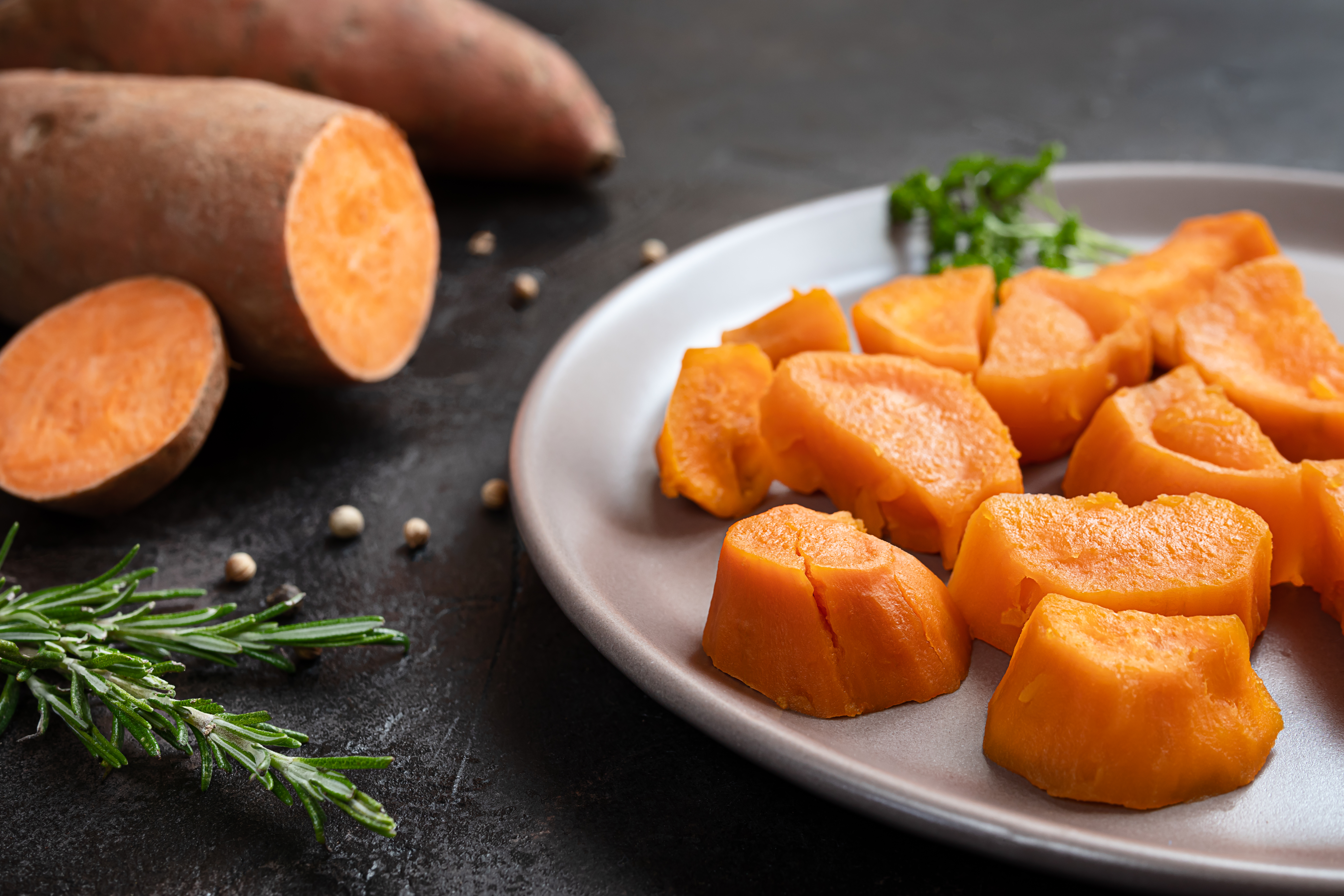
Sweet potatoes are a delicious and nutritious winter vegetable that can enhance your immune system. They are rich in beta-carotene, which the body converts into vitamin A, crucial for maintaining healthy skin and mucous membranes. Additionally, sweet potatoes provide vitamin C and manganese, both of which support immune function. Their natural sweetness makes them a versatile ingredient that can be used in both savory and sweet dishes. Roasted sweet potatoes with a sprinkle of cinnamon or mashed sweet potatoes with a dash of nutmeg can be comforting winter treats that also bolster your health.
6. Beets: The Blood Flow Booster
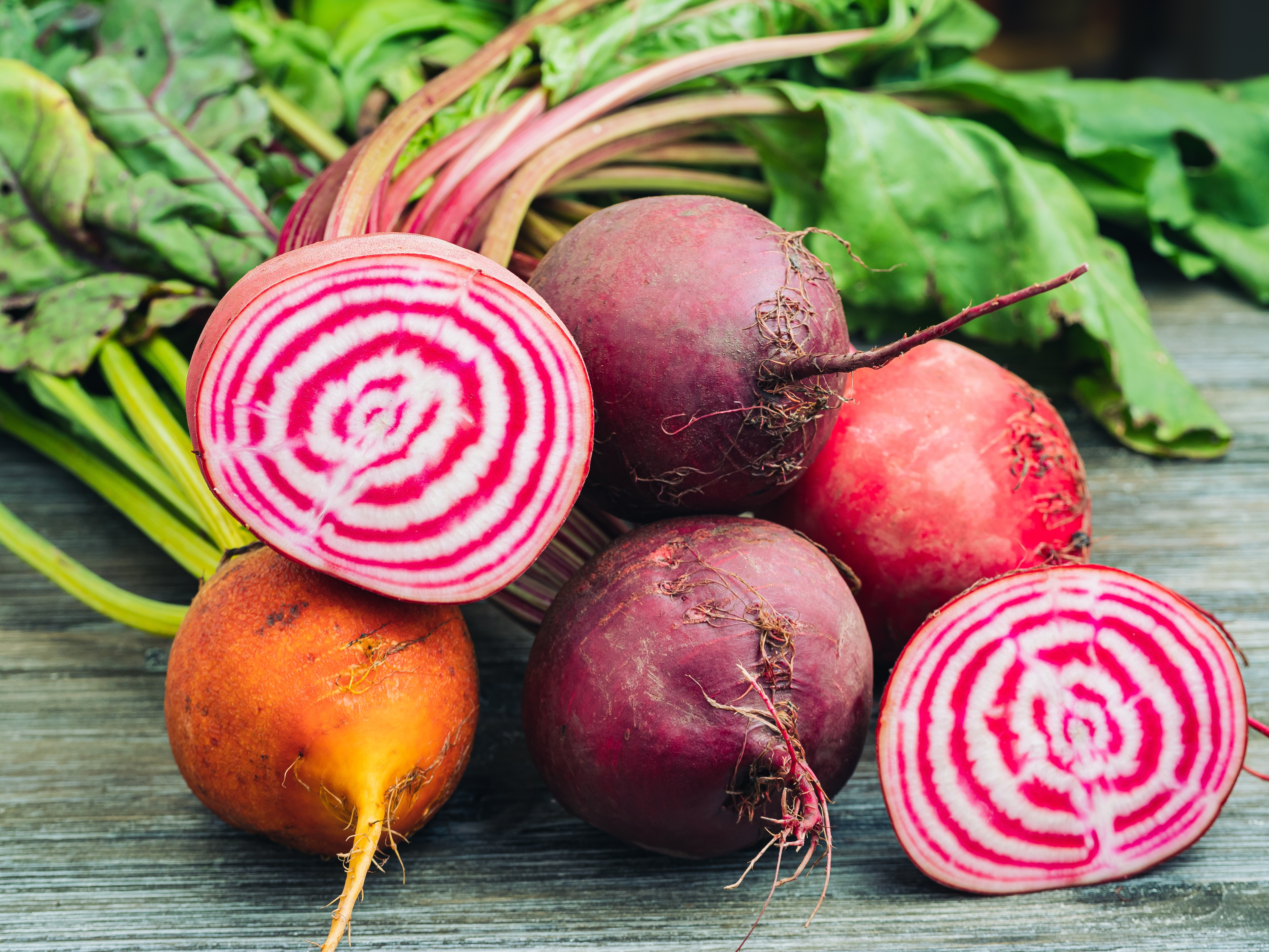
Beets are known for their vibrant color and earthy flavor, but they also offer significant health benefits. Rich in nitrates, beets help improve blood flow and oxygen delivery to cells, which is crucial for immune function. Additionally, beets contain betalains, antioxidants that reduce inflammation and support liver detoxification. These root vegetables are also a good source of vitamin C and fiber. Incorporating beets into your diet can be as simple as adding them to salads, roasting them as a side dish, or blending them into smoothies. Their natural sweetness pairs well with a variety of flavors, making them a versatile addition to your winter menu.
7. Cabbage: A Cruciferous Ally
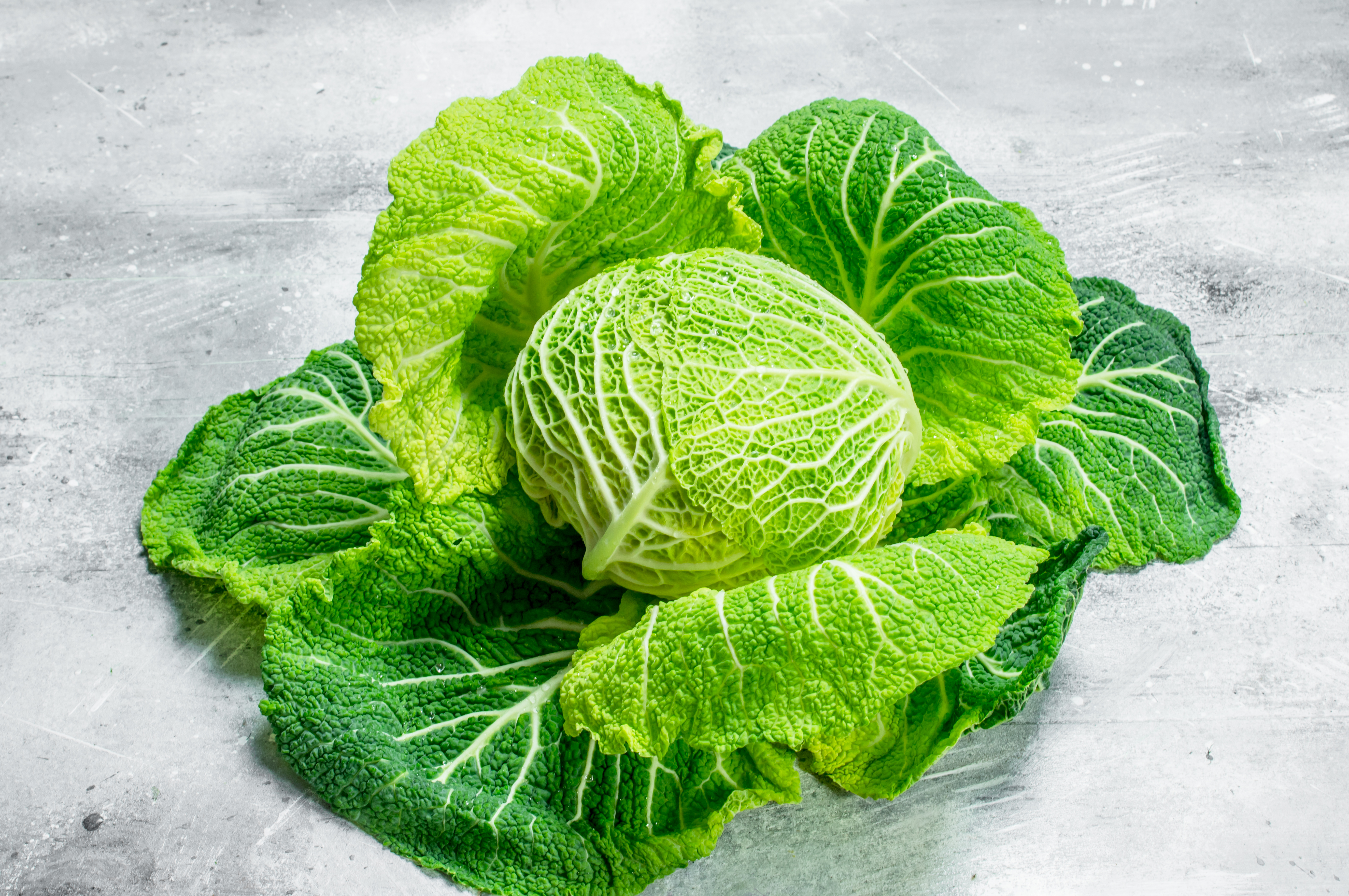
Cabbage is a humble vegetable that often goes unnoticed, but its immune-boosting properties make it a valuable addition to your winter diet. Rich in vitamin C and fiber, cabbage supports immune function and digestive health. It also contains glucosinolates, which have been shown to enhance the body's detoxification processes and protect against certain cancers. Cabbage is incredibly versatile and can be enjoyed raw in salads, fermented as sauerkraut, or cooked in soups and stews. Its mild flavor and crunchy texture make it a perfect base for a variety of dishes, providing both nutrition and satisfaction.
8. Turnips: A Root of Immunity
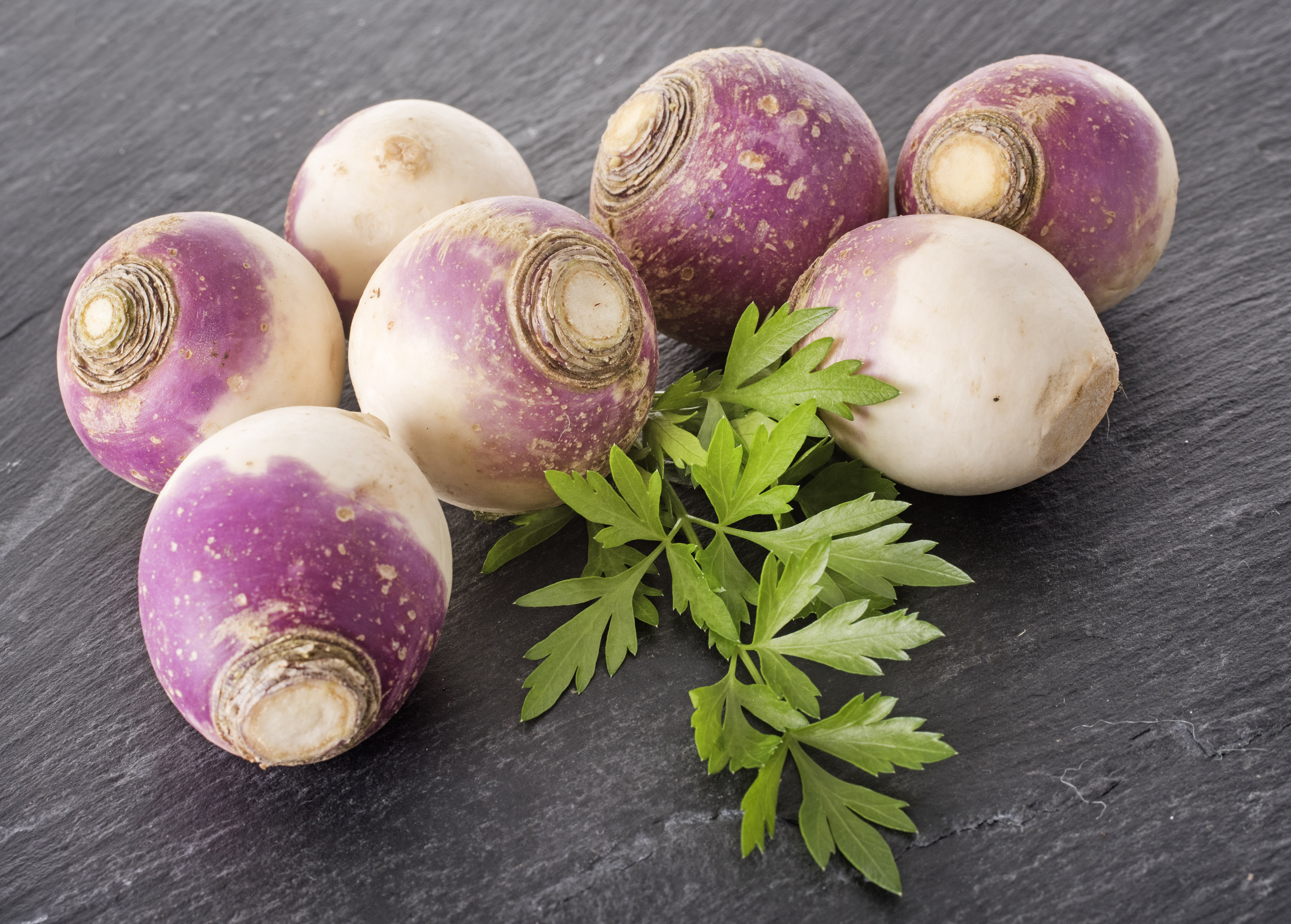
Turnips are a winter root vegetable that offers a range of health benefits. They are rich in vitamin C, which supports immune function by promoting the production of white blood cells. Turnips also provide fiber, which aids in maintaining a healthy gut microbiome, closely linked to immune health. Additionally, turnips contain glucosinolates, compounds that enhance the body's detoxification processes and protect against certain cancers. Turnips can be roasted, mashed, or added to soups and stews, providing a subtle flavor and nutritional boost to your meals. Their versatility makes them a valuable addition to any winter diet.
9. Onions: Layers of Immunity
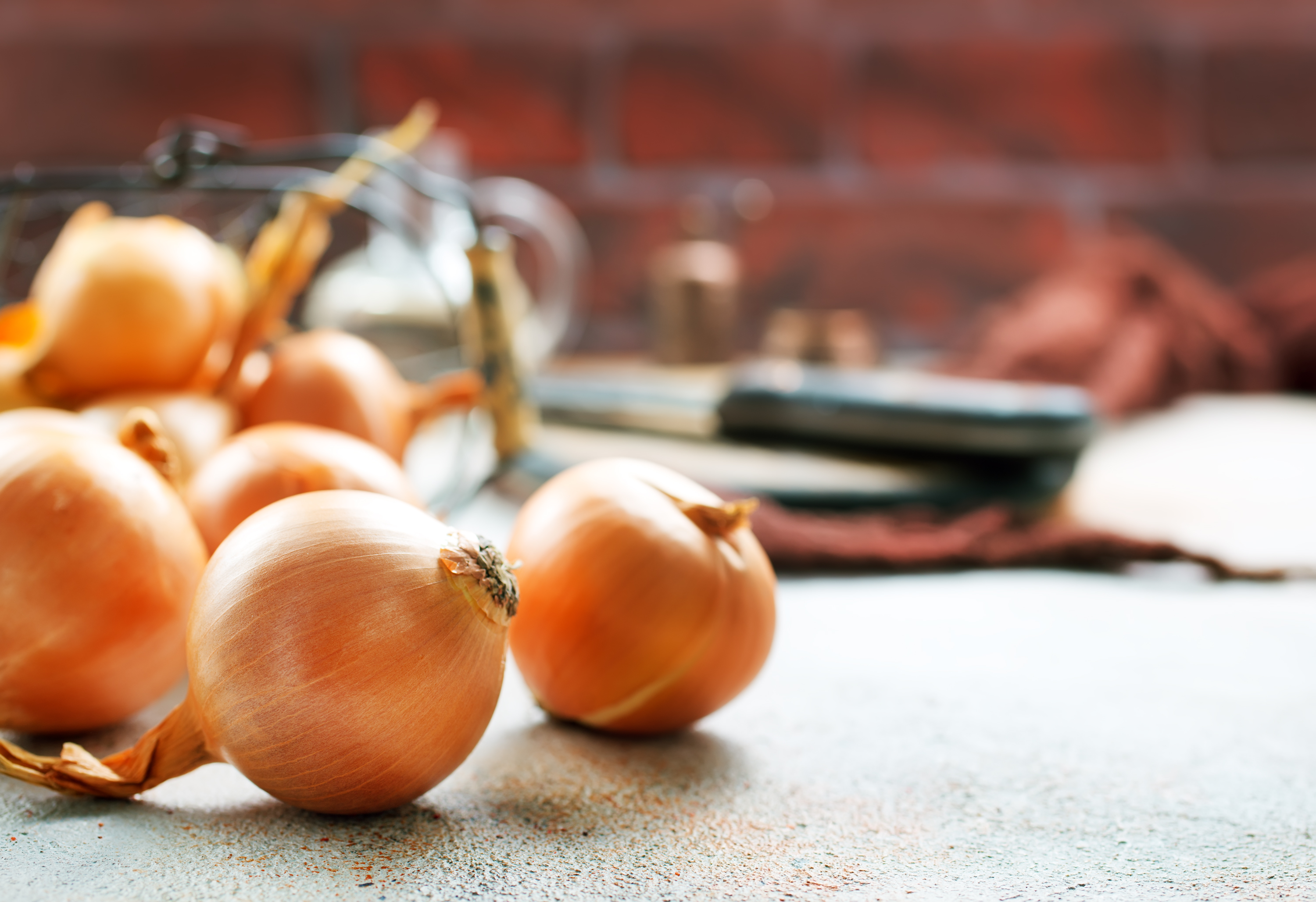
Onions are a staple in many cuisines and offer a range of health benefits. They are rich in quercetin, an antioxidant that helps reduce inflammation and support immune function. Onions also contain sulfur compounds that have antimicrobial properties, helping to ward off infections. Additionally, onions provide vitamin C, which supports the production of white blood cells. Onions can be enjoyed raw in salads, caramelized as a topping, or cooked in soups and stews. Their natural sweetness and savory flavor make them a versatile ingredient that can enhance the taste and nutrition of your winter dishes.
10. Spinach: The Iron-Rich Green
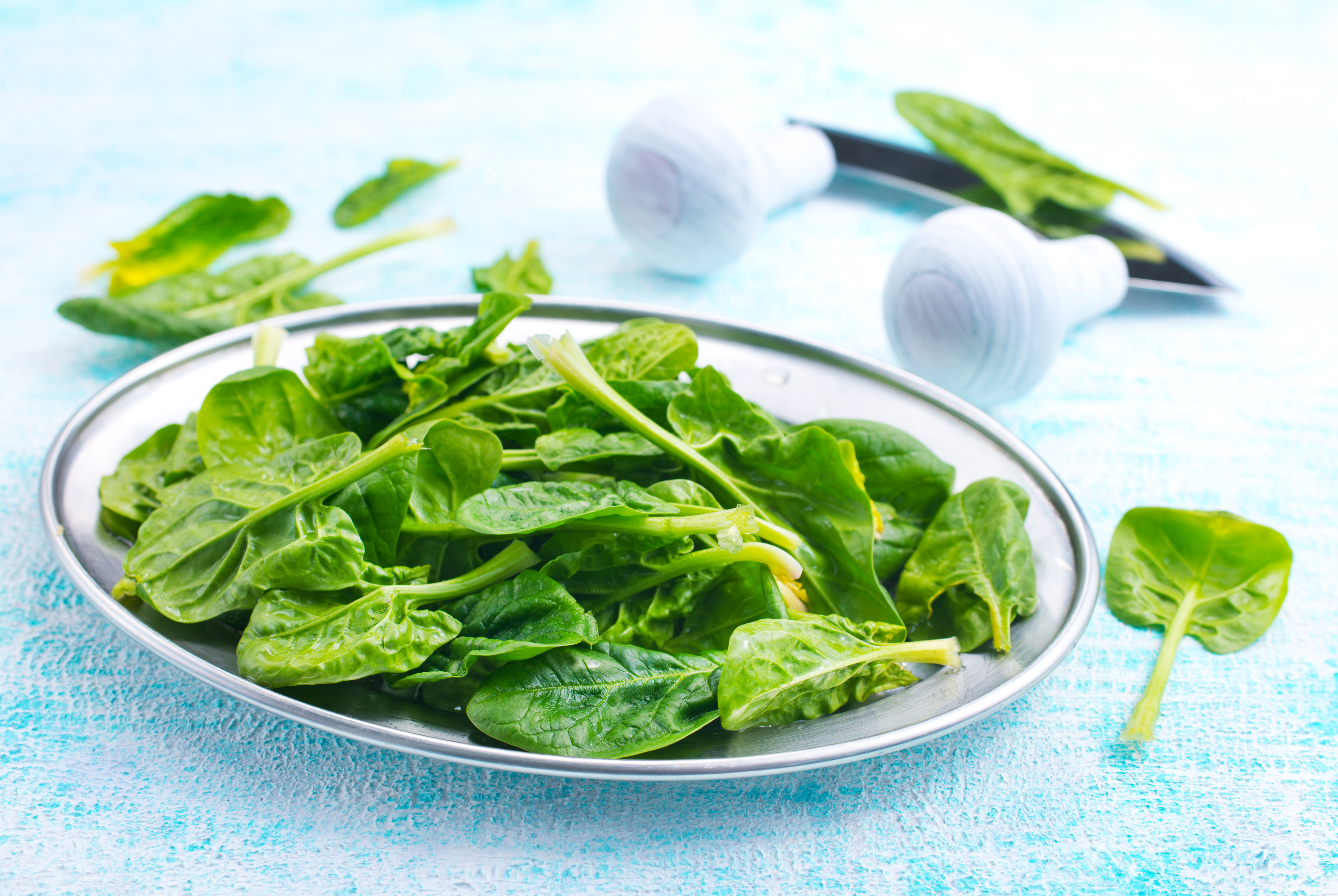
Spinach is a leafy green that is packed with nutrients essential for immune health. Rich in vitamin C, beta-carotene, and iron, spinach supports the production of white blood cells and helps maintain healthy skin and mucous membranes. Additionally, spinach contains flavonoids, antioxidants that reduce inflammation and protect against free radical damage. Spinach can be enjoyed raw in salads, sautéed as a side dish, or blended into smoothies. Its mild flavor and tender texture make it a versatile ingredient that can be easily incorporated into a variety of dishes, providing both nutrition and satisfaction.
11. Leeks: A Mild Onion Alternative

Leeks are a member of the allium family and offer a range of health benefits. They are rich in vitamin C and folate, both of which support immune function. Leeks also contain sulfur compounds that have antimicrobial properties, helping to ward off infections. Additionally, leeks provide fiber, which aids in maintaining a healthy gut microbiome, closely linked to immune health. Leeks can be enjoyed raw in salads, sautéed as a side dish, or cooked in soups and stews. Their mild onion flavor and tender texture make them a versatile ingredient that can enhance the taste and nutrition of your winter dishes.
12. Parsnips: A Sweet and Nutty Delight
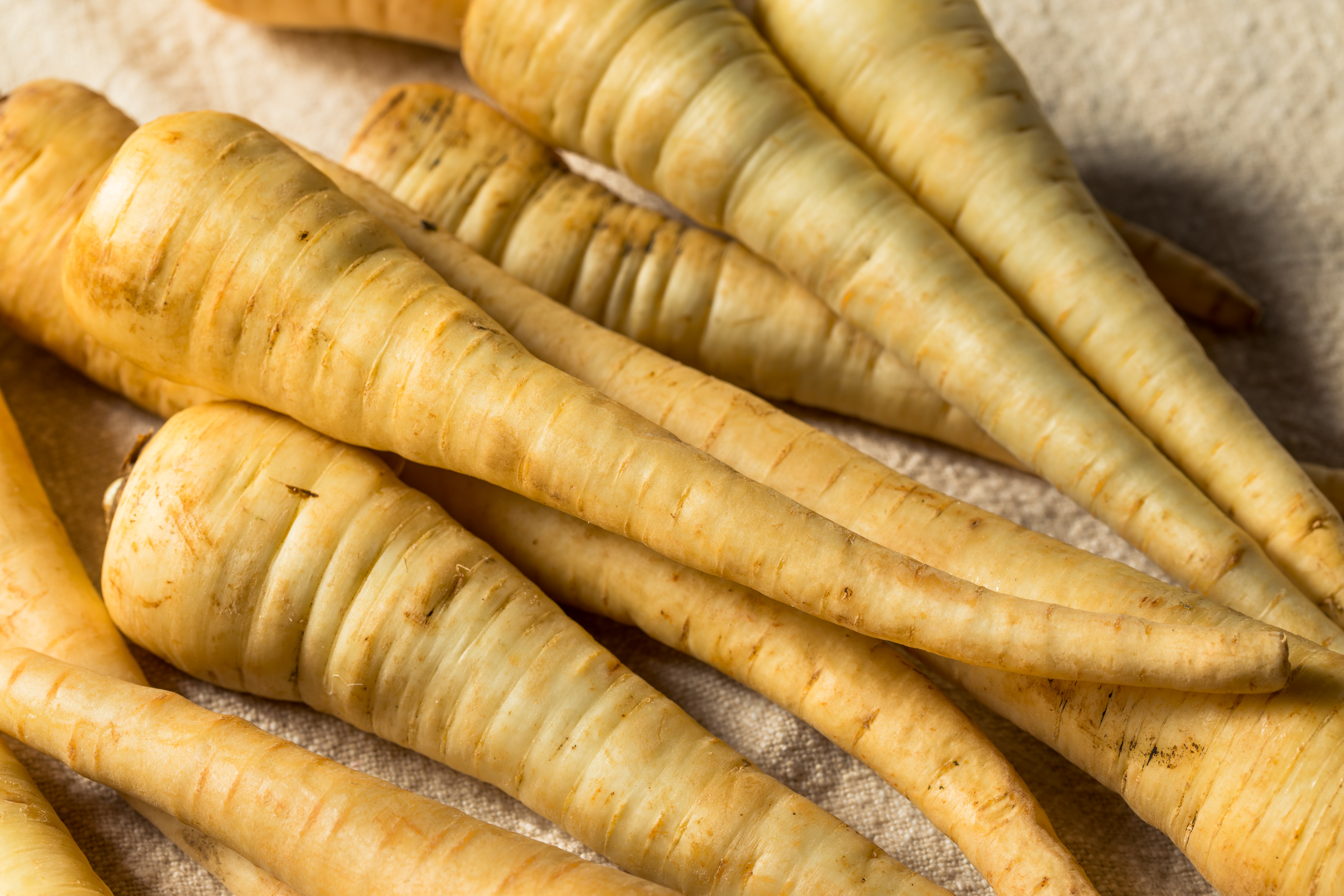
Parsnips are a winter root vegetable that offers a range of health benefits. They are rich in vitamin C, which supports immune function by promoting the production of white blood cells. Parsnips also provide fiber, which aids in maintaining a healthy gut microbiome, closely linked to immune health. Additionally, parsnips contain antioxidants that reduce inflammation and protect against free radical damage. Parsnips can be roasted, mashed, or added to soups and stews, providing a sweet and nutty flavor and nutritional boost to your meals. Their versatility makes them a valuable addition to any winter diet.
13. Radishes: A Crunchy Immune Booster
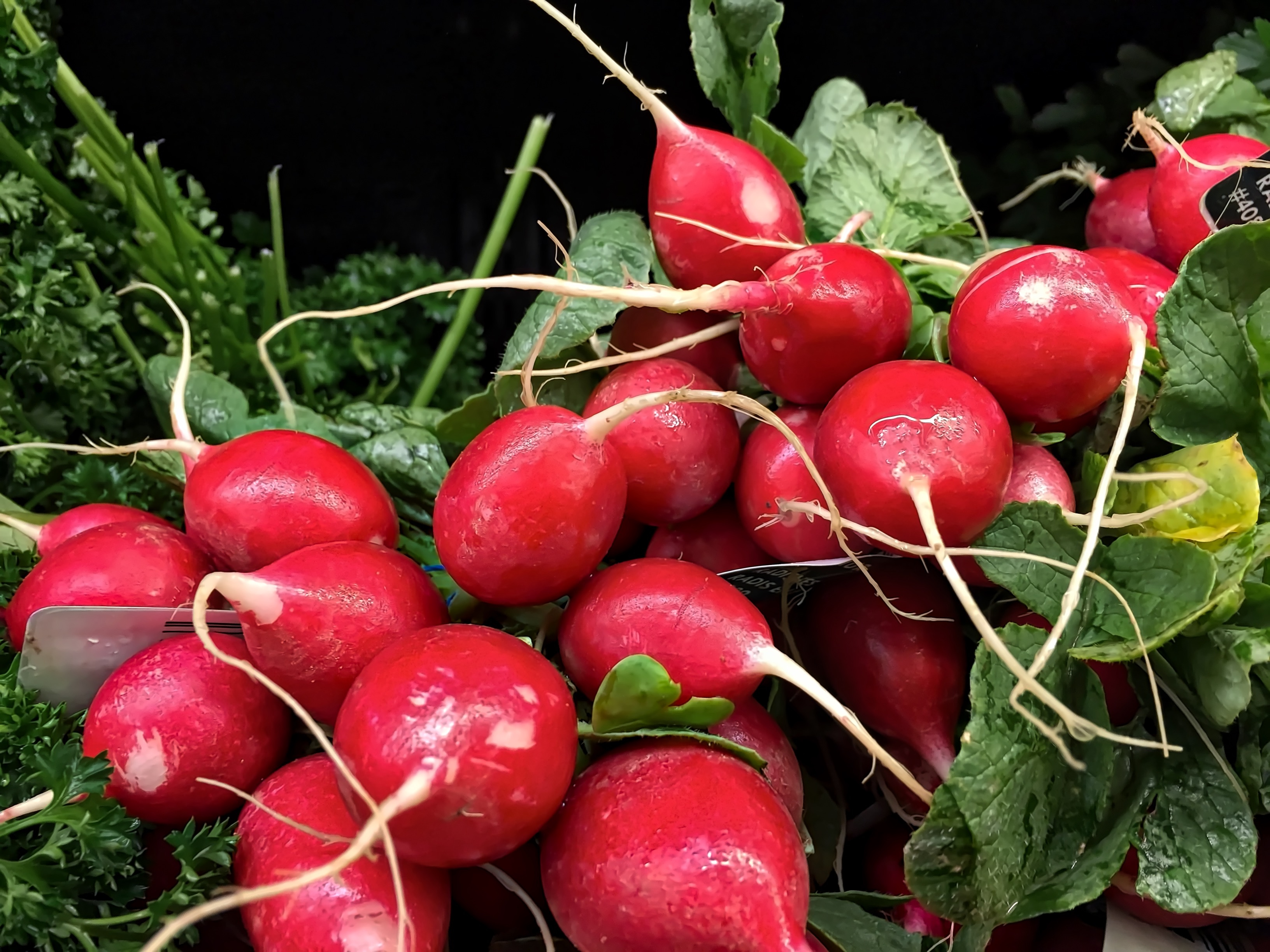
Radishes are a crunchy and peppery vegetable that offers a range of health benefits. They are rich in vitamin C, which supports immune function by promoting the production of white blood cells. Radishes also provide fiber, which aids in maintaining a healthy gut microbiome, closely linked to immune health. Additionally, radishes contain antioxidants that reduce inflammation and protect against free radical damage. Radishes can be enjoyed raw in salads, pickled as a condiment, or roasted as a side dish. Their crunchy texture and peppery flavor make them a versatile ingredient that can enhance the taste and nutrition of your winter dishes.
14. Winter Squash: A Versatile Vitamin Source
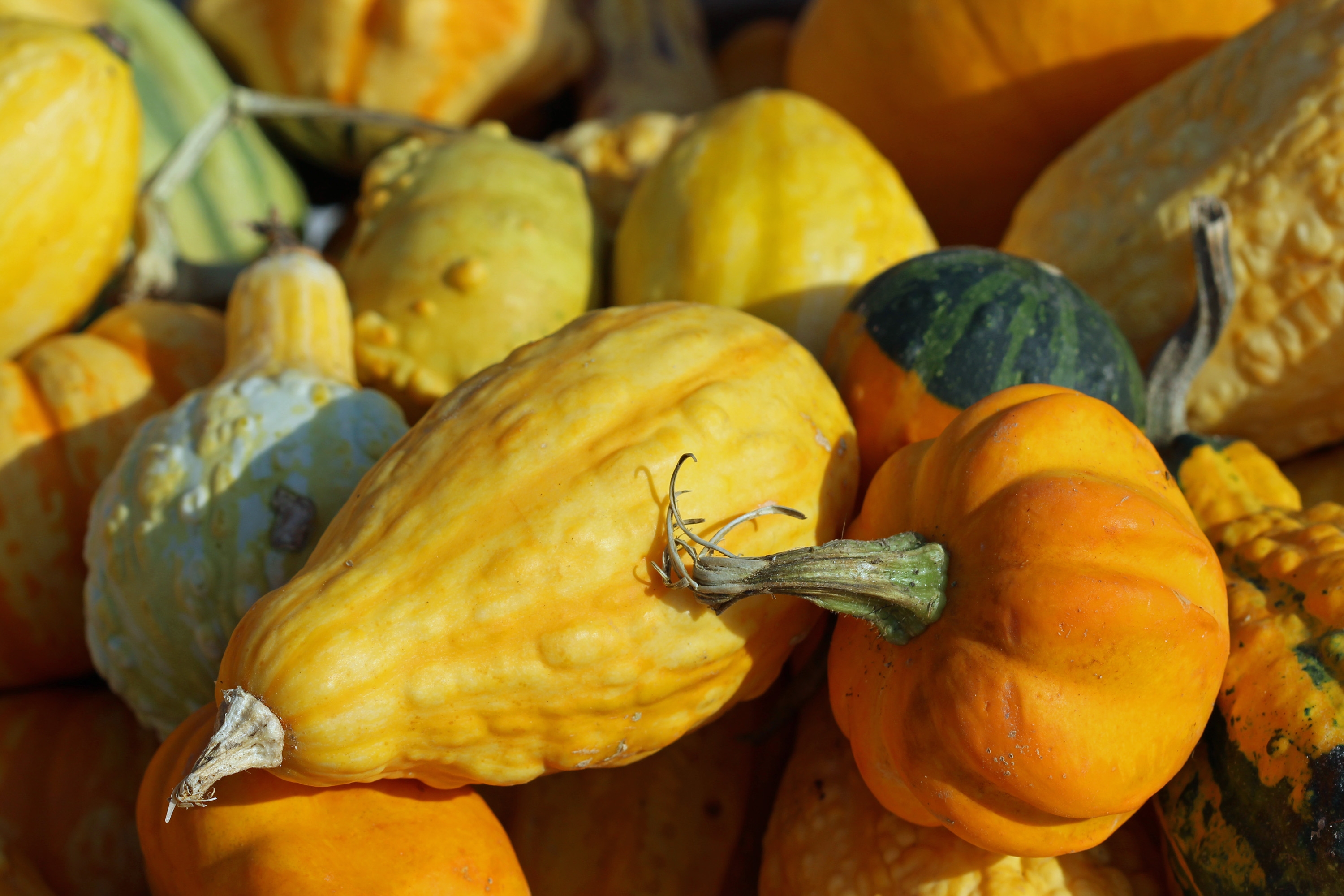
Winter squash, including varieties like butternut, acorn, and spaghetti squash, is a nutrient-dense vegetable that offers a range of health benefits. Rich in beta-carotene, which the body converts into vitamin A, winter squash helps maintain healthy skin and mucous membranes, crucial for immune defense. Additionally, winter squash provides vitamin C and fiber, both of which support immune function. Its natural sweetness and creamy texture make it a versatile ingredient that can be used in both savory and sweet dishes. Roasted winter squash with a sprinkle of cinnamon or blended into soups can be comforting winter treats that also bolster your health.
Embracing Winter's Bounty
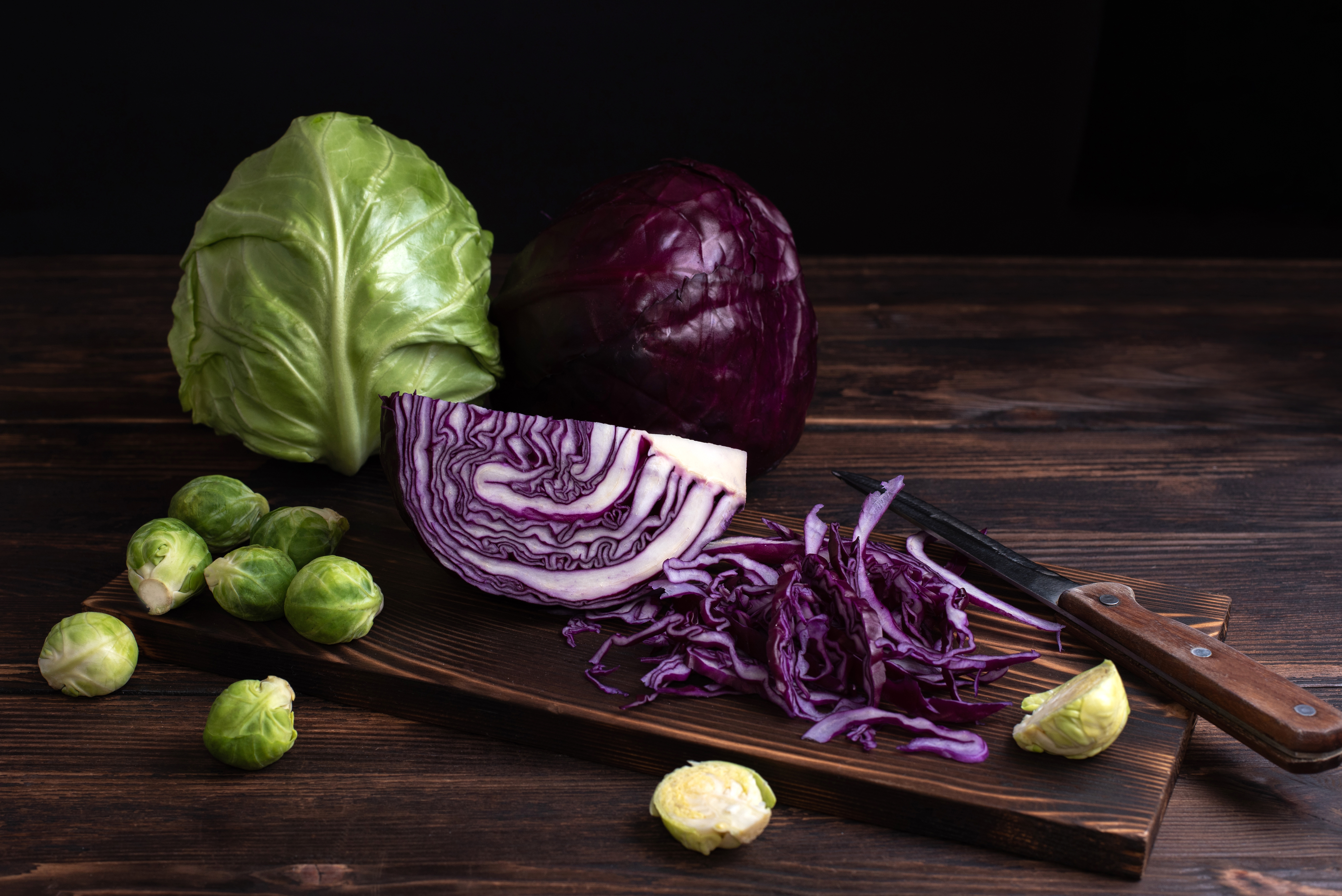
As we have explored, winter vegetables are a treasure trove of nutrients that can significantly boost your immunity. By incorporating these vegetables into your diet, you can fortify your body's defenses against seasonal illnesses and enjoy a healthier, more vibrant winter. From the leafy greens of kale and spinach to the root vegetables of carrots and beets, each offers unique benefits that contribute to overall well-being. Embrace the bounty of winter vegetables and discover the delicious and nutritious ways they can enhance your meals and support your health. Whether you're roasting, sautéing, or blending, these vegetables are sure to become a staple in your winter diet, providing both nourishment and satisfaction.
